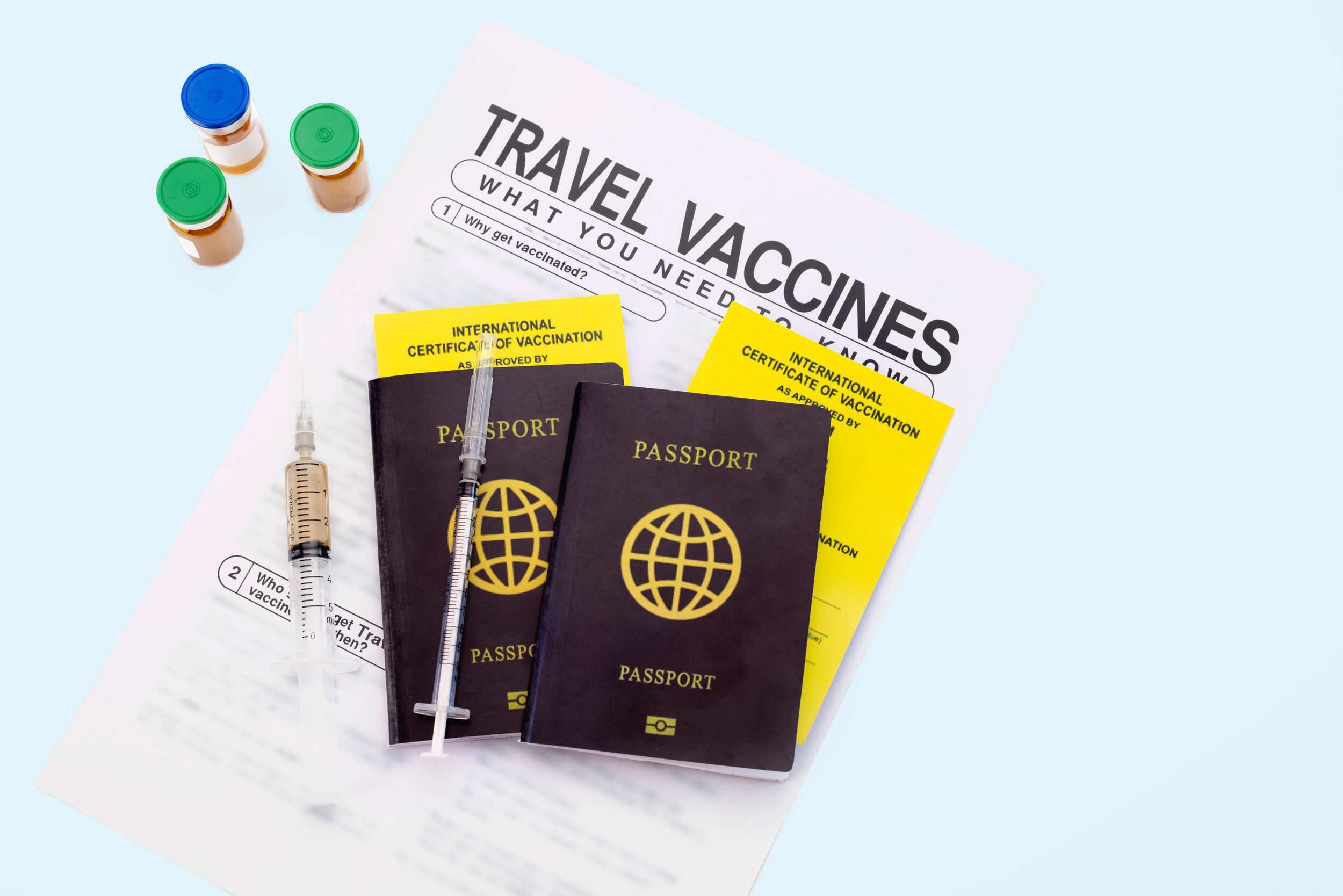As more people become vaccinated against COVID-19, countries around the world are re-opening for travel and tourism. After more than a year of travel restrictions, experts expect that pent-up wanderlust since the start of the pandemic will result in an upsurge of summer travel in 2021.
According to The Centers for Disease Control and Prevention’s (CDC) latest guidance regarding domestic and international travel, patients traveling should be fully vaccinated against COVID-19 to mitigate the risk of contracting and spreading the virus. But it’s not just COVID-19 that patients need protection from. Depending on the planned destination, patients may also need additional travel vaccines. By providing pre-travel consultation and care, providers have a significant role to play in preparing patients for safe, healthy travel in the coming months.
Pre-travel considerations
Each year, Americans make more than 400 million trips to other countries, and the CDC estimates approximately 43%–79% of travelers that visit low- and middle-income countries become ill during their time abroad. Pre-travel health consultations and vaccines can prevent most travel-related illnesses and are just as important for travel planning as booking flights or accommodations. However, a 2016 American Family Physician study revealed only 36% of international travelers consulted with a medical provider before embarking on their trip.
During a pre-travel visit, providers have an opportunity to educate patients about possible health risks for their specific travel destinations and the immunizations they’ll need to return home healthy. Some key considerations to discuss with patients prior to travel include timing of other immunizations, such as COVID-19 vaccines, current destination-specific immunization recommendations, and other recommended vaccinations based on planned activities, seasons, or the patient’s health status. Providers should also work with patients to schedule travel vaccine appointments. These appointments usually take place four to six weeks prior to the trip to allow full immunity.
Current travel vaccine guidance
Every two years, the CDC publishes its Yellow Book to help healthcare professionals keep up with the latest guidance for patients on international travel. The CDC classifies travel vaccines into three categories: required, recommended, and routine.
Required: These are mandatory vaccines that travelers must have to enter a specific country. As of June 2021, the International Health Regulations classifies the yellow fever vaccine as the only required vaccine for travel to countries in sub-Saharan Africa and tropical South America.
Recommended: Although these vaccines aren’t required for entry, the CDC recommends travelers receive these immunizations to protect from illnesses that occur routinely around the world and to fight against serious disease, such as typhoid, rabies, Japanese encephalitis, cholera, and malaria.
Routine: Though not always applicable, travelers may need to catch up on routine vaccines or get boosters to strengthen immunity against diseases that may be active in other regions. Some routine vaccines that may be recommended before travel include influenza, varicella, pneumococcus, and the measles, mumps, and rubella (MMR) vaccine.
It’s not just about travel vaccines
As patients come into the office for travel vaccines, providers may want to consider using the opportunity to get patients caught up with other routine vaccines. Despite the high anticipation and spike in travel activity, a 2021 GSK study shows routine immunization rates haven’t fully recovered to pre-pandemic levels. Providers have a responsibility to remind patients about the importance of staying up to date with recommended vaccines, in addition to travel vaccines.
As countries around the world slowly re-open their borders, providers have a role in preparing patients for a safe, healthy trip. Travel vaccines are essential to keeping patients and their families safe while they are abroad and when they return from their destination.

